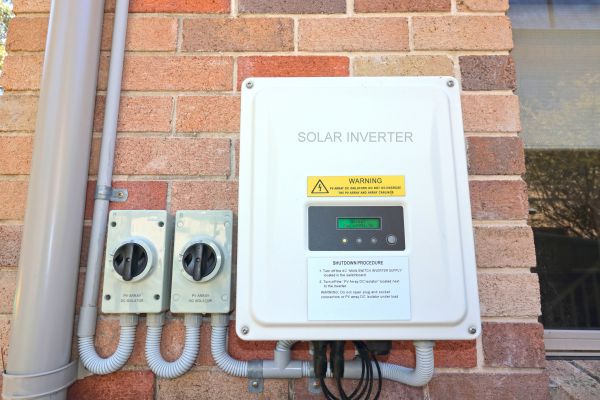
Solar Inverter Installation
- Professional solar inverter installation ensures your solar energy system efficiently converts sunlight into usable electricity for your home or business.
- A properly installed inverter maximizes energy output, helping you save more on utility bills while supporting renewable energy use.
- Correct installation reduces the risk of malfunctions, electrical issues, or premature wear that can result from poor setup.
- Certified professionals follow manufacturer guidelines, which can help maintain warranties and extend the life of the inverter.
- Inverter installation includes testing and calibration to ensure compatibility with your solar panels and grid system.
- Professionals can install monitoring systems, giving you real-time insights into your energy production and usage.
- Safe installation protects your property from electrical hazards and ensures compliance with local building codes.
FAQ for Solar Inverter Installation
What is the purpose of a solar inverter?
It converts the direct current (DC) generated by solar panels into alternating current (AC) used by most household and business appliances.
Why is professional installation important?
Proper installation ensures safety, efficiency, and compliance with both manufacturer requirements and local electrical codes.
What are the risks of not installing an inverter correctly?
Incorrect installation can cause inefficiency, system breakdowns, and even fire or electrical hazards.
What types of solar inverters are available?
Common types include string inverters, microinverters, and hybrid inverters, each suited for different solar system setups.
How long does a solar inverter typically last?
With proper installation and maintenance, most solar inverters last 10–15 years, though high-quality models may last longer.